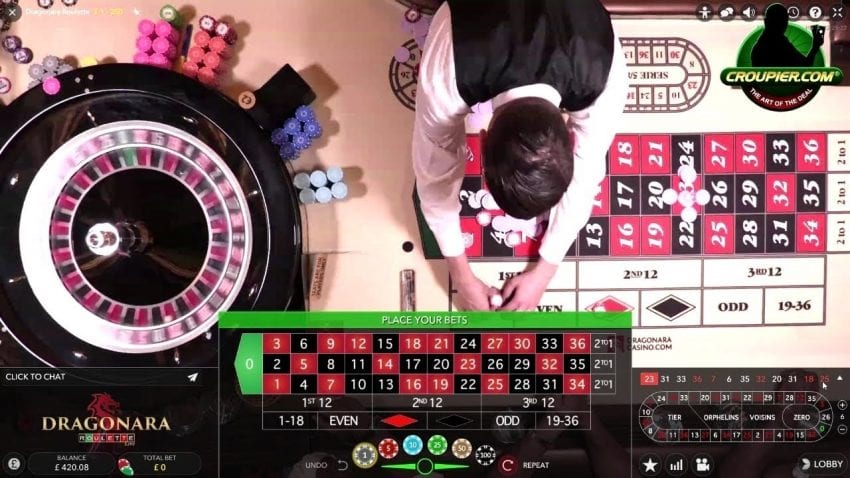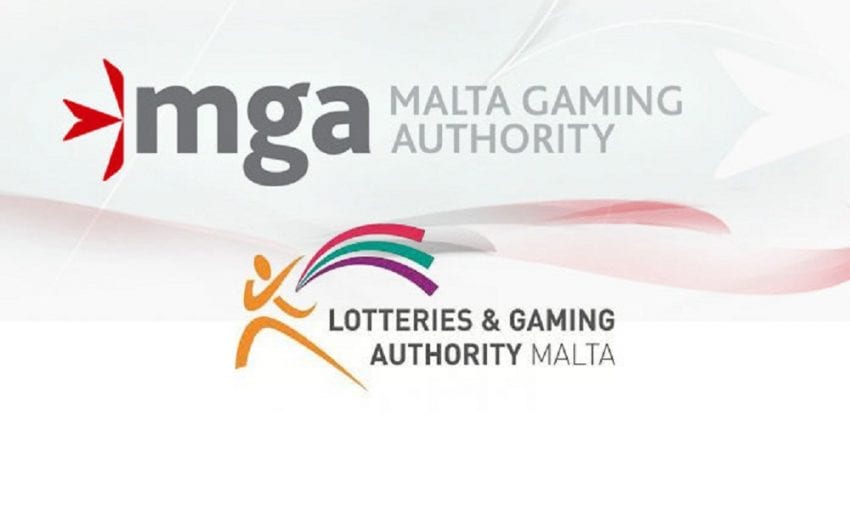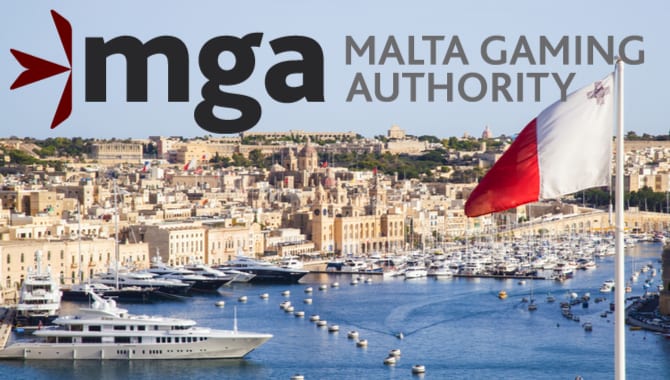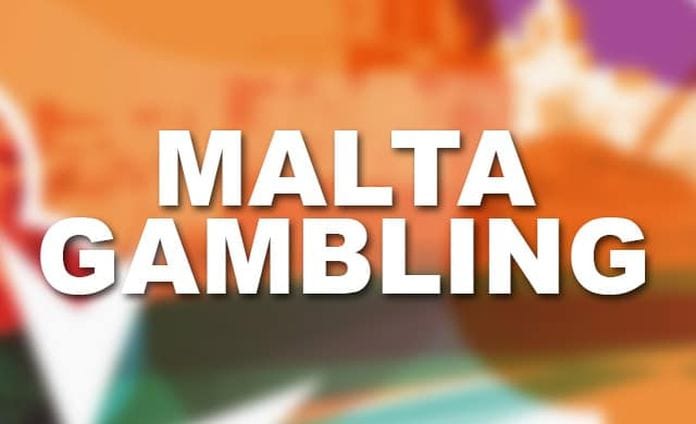For many years Malta has prided itself on being the central gambling hub of Europe. The incredibly low tax rates for foreign companies, combined with extensive regulations and respected licensing authority – all made it a very appealing location indeed. Hundreds of businesses had gotten licenses, placed their servers, and even firmly settled their head offices on the island. Malta casino online industry presented here had a huge impact on the country, and became an integral part of it, today accounting for almost 1/8 of its economy.
But not all is as sunny on Malta as might appear at a first glance. A few recent events helped to reveal the apparent cracks in the seemingly impeccable gambling institutions of Malta.

Little yellow stickers
As mentioned before, many online casino companies have their servers located in Malta. The servers, as well as every other aspect of the industry – are overseen by Malta Gaming Authority (MGA), a governmental organization, established in 2004, and formerly known as Lotteries and Gaming Authority. To signify that the actual server layout and schematics approved by MGA match each other, special yellow stickers are placed on the equipment. If there is a suspicion of fraudulent activity – the stickers help to easily pinpoint the exact location of data that needs to be investigated. This procedure gives more transparency to the whole process and accountability to the company. Or – it should.
Valery Atanasov, a former MGA inspector, had gone public with several email exchanges between the gambling businesses and MGA. In letters from three separate companies, it is shown that their servers have not been tagged for years. Some companies wanted the stickers so they would be operating legally, however, Atanasov said he refused to put them on equipment on sites where there were discrepancies between the numbers of computers in operation and what was included on the diagram approved by the MGA. He says he feared that turning a blind eye on such inconsistencies and tagging them anyway, would be contributing to negligent supervision.
After a few such incidents, Atanasov was dismissed in January of 2015. He commented that such lackluster oversight “creates conditions that allow suspicious financial operations, money laundering and other criminal practices”.

Tax haven?
The low corporate tax rates that have long been one of the biggest attractions for international businesses could soon be not as appealing. The initiative on introducing digital tax led by France and Germany was aimed at having industry giants like Apple, Facebook, Amazon, and others pay their fair share of taxes. But as a side-effect, Malta’s online-based economy would take a financial hit. The initial proposal failed at the EU level, as several countries were not on board with the proposal. However, significant momentum has been gained, and now Organization for Economic Cooperation and Development (OECD) is hard at work on global online tax reform. OECD Secretary-General Ángel Gurría said in January that “the conditions exist to lay the foundations for an agreement this year that could be approved and enter into force in 2024.”
Competitors
On another front, Malta is far from being the only gambling paradise. Since it has risen to prominence, other alternatives have come up. For one – Curacao, an island nation in the southern Caribbean Sea. It is the most popular jurisdiction for running an online gambling business, it has political stability in the country and the license is more affordable. Many operators give the preference to Curacao gambling license because it offers a simple and affordable application process, and attractive taxation. A Curacao, however, has a major setback in that it does not offer the same kind of control and oversight as Malta. When player disputes occur, the players are on their own to settle them with the casino, in contrast to Malta Gaming Authority, that takes a rather proactive approach on such matters.
On the other side of the globe, is an unexpected gambling locale – Georgia. Cornered by Islamic states from the south, like Turkey and Azerbaijan, that strictly prohibit gambling within their borders – Georgia found itself in a very lucrative position. It introduced visa-free travel between the neighbors and opened the flood-gates for foreign tourists, that were pouring into popular holiday destinations like sea-side Batumi. Unable to gamble on their homeland, they were more than happy to discover the surplus of casinos Georgia had to offer. And when they left, their accounts would naturally transition online, where they could play anytime. However, Georgian gambling operators are protected by light supervision and government favor. Should some kind of regulatory change be implemented, these companies would see large portions of their revenue being stripped away or taken by the government.
Change begets change

Adapting to this fast-changing landscape, a New Malta Gaming Act has been introduced late last year. The new legislation seeks to monitor gaming operators in order to narrow in on doubtful activity, reduce risk and eliminate illegalities within the gaming industry. The act also aims to simplify and streamline the licensing process by cutting down from 4 types of licenses to only 2. By enforcing stricter regulations, the Act not only forces businesses to seek new ways of operation in order to maintain compliance but also to launch new products to remain competitive.
And just this March, MGA has joined forces with Sweden’s gaming regulator: They signed a Memorandum of Understanding (MoU) to cooperate and improve communication. Part of this will involve the sharing of information on gaming-related matters, leading to enhanced oversight.
The dice keep on rolling
Despite trials and tribulations, Malta still manages to maintain its status as a trustworthy gaming authority. And even with its faults, still keeps way ahead of its competitors in many respects. Will Malta fall from grace, or continue to reign supreme over the gambling industry? Only time will tell, but one thing’s for sure: giving up is the very last thing Malta has on its mind.









